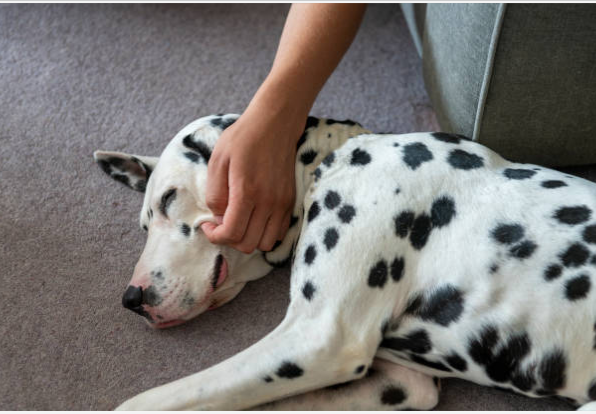How To Deworm A Puppy Dog
Puppies are especially susceptible to worms, as they can be born with or contract them from their environment. Worms can cause various health problems in puppies, including diarrhea, vomiting, weight loss, and even death. It is essential to deworm your puppy regularly to prevent these problems and keep them healthy.
What are worms?
Worms are parasites that live in the intestines of animals. Many worms can infect dogs, but the most common are roundworms, hookworms, and tapeworms.
How do puppies get worms?
Puppies can get worms in several ways, including:
- From their mother: Puppies can be born with worms if their mother is infected during pregnancy.
- From their environment: Puppies can pick up worms from contaminated soil, water, or food.
- From other animals: Puppies can contract worms from other dogs, cats, and wild animals.
Signs and symptoms of worms in puppies
Some of the most common signs and symptoms of worms in puppies include:
- Diarrhea
- Vomiting
- Weight loss
- A pot belly
- A dull coat
- Lethargy
- Coughing
- Anemia
- Bloody stool
- Worms in the stool
How to deworm a puppy
There are several different ways to deworm a puppy. The best method for your puppy will depend on their age, weight, and type of worm infection.
Oral dewormers
Oral dewormers are the most common type of dewormer used in puppies. They are available in the form of tablets, liquids, or chews. Oral dewormers are easy to administer and are effective against a wide range of worms.
Topical dewormers
Topical dewormers are applied to the skin of the puppy. They are effective against certain worms, such as fleas and ticks. Topical dewormers are not as effective against other worms, such as roundworms and hookworms.
Injectable dewormers
Injectable dewormers are given to the puppy by a veterinarian. They are effective against a wide range of worms and are often used in puppies with severe worm infections.
Deworming schedule for puppies
Puppies should be dewormed at 2, 4, 6, 8, and 12 weeks. After that, they should be dewormed every three months until they are six months old. After six months of age, dogs should be dewormed every six months.
How to administer an oral dewormer to a puppy
To help an oral dewormer to a puppy, follow these steps:
- Wash your hands thoroughly with soap and water.
- Give the puppy the dewormer on an empty stomach.
- If the dewormer is a tablet, you can give it to the puppy directly or mix it with a small amount of food.
- If the dewormer is a liquid, you can use a syringe or dropper to give it to the puppy directly.
- After passing the puppy the dewormer, observe them for any side effects.
Side effects of dewormers
Dewormers are generally safe and well-tolerated by puppies. However, some puppies may experience side effects, such as vomiting, diarrhea, and loss of appetite. If you notice any side effects in your puppy after giving them a dewormer, contact your veterinarian immediately.
Preventing worms in puppies
There are several things you can do to prevent your puppy from getting worms:
- Keep your puppy’s environment clean and free of feces.
- Please pick up your puppy’s feces immediately and dispose of it properly.
- Deworm your puppy regularly.
- Prevent your puppy from contacting other animals that may be infected with worms.
Conclusion
Deworming your puppy is an essential part of keeping them healthy. Following the tips in this article, you can help prevent your puppy from getting worms and keep them happy and healthy for many years.
Additional tips
- If you are still determining what dewormer to use for your puppy or how often to deworm them, consult your veterinarian.
- Some dewormers are more effective against certain types of worms than others. It is essential to read the label carefully and choose an effective dewormer against the most common worms in your area.
- If you are having trouble administering an oral dewormer




